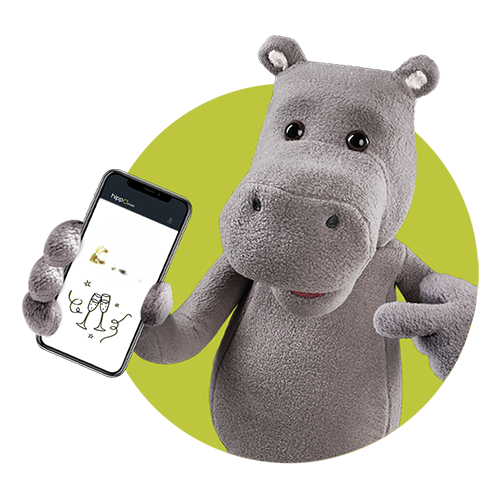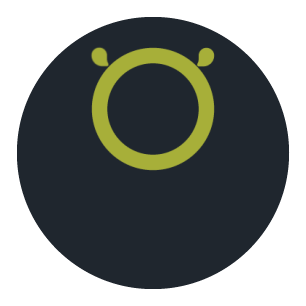Laser Eye Surgery: Will Your Medical Aid Cover It?
Laser eye surgery can be life-changing for those who wear glasses or contact lenses. The surgery is quick and relatively painless and comes with a limited potential for side effects, but it's not cheap. Many people ask whether their medical aid will cover the cost of vision-correcting laser surgery, and the answer is largely, "Yes, but it depends..."















